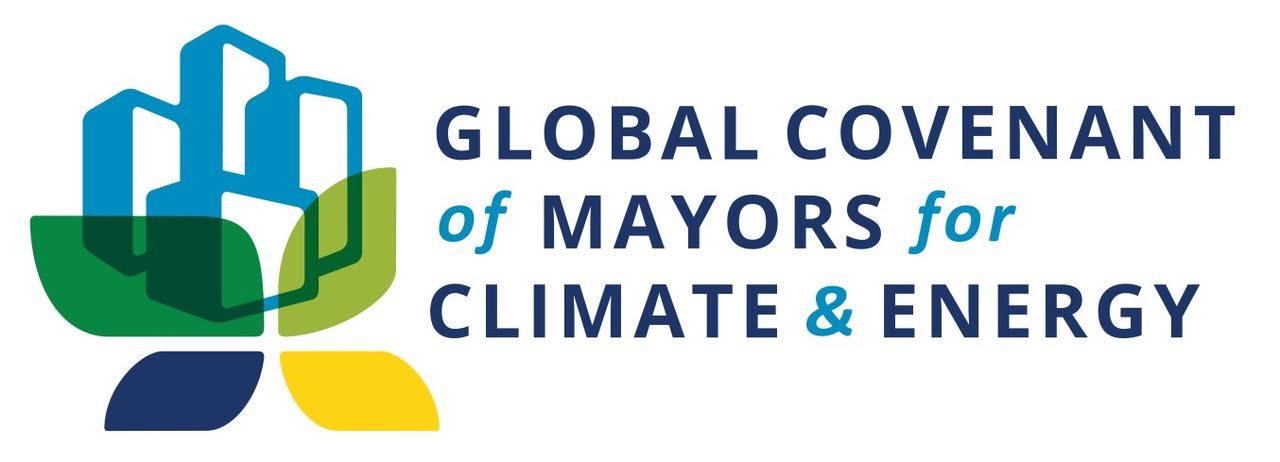- Home
- Reporting entities
- Municipality of Diadema
Municipality of Diadema
Brazil-
Population 406718

-
Area 31.0km 2
-
GDP N/AN/A
-
Targets by N/A N/Aemission
Targets by Municipality of Diadema
There are no targets yet
- Start year: 2012
- Type: Fiscal / Financial mechanism
- Status: In operation
he city government has begun implementation of bike
paths that allow cyclists to circulate along city streets on
Sundays and holidays, offering citizens another option
for sports, healthy community life and environmental
protection. Installation of such bicycle-only lanes are envisioned
citywide.
- Transport

- Start year: 2012
- Type: Policy/Strategies/Action Plans
- Status: In operation
The city government created four new plazas as greenspaces
for the people of Diadema, featuring open-air workout
equipment. New green areas were built or revitalized from
May to September 2012 in city neighborhoods; 2300 new
trees were planted citywide.
- Other Emissions

- Start year:
- Type: Policy/Strategies/Action Plans
- Status: In operation
This program enhances user appeal among Diadema public
transit riders. An electronic card allows riders board buses at
any point throughout the city and avoid trips to the Central
Terminal; transfers are allowed within a fifty-minute window
and at no additional cost. Accessibility, low fares and quality
have greatly improved public transportation ridership.
- Transport

- Start year: 2012
- Type: Technical/Infrastructure investment
- Status: In operation
The city government provided four more early-education
schools and a new polyclinic featuring solar water heating
and technology that helps control water consumption, affording
an up-to-20% savings.

- Start year: 2012
- Type: Technical/Infrastructure investment
- Status: In operation
A new garbage receiving and transfer station was constructed
for Diadema, a 2,290.16 m²-area that replaces the previous
400 m²-area, and features a biological filtering system
that eliminates odors and dark organic materials decomposition
fluids (lixiviates), which are transferred to a water and
runoff treatment plant for recapture and reuse. The station
benefits the environment as well as the surrounding neighborhood
and community.
- Waste

- Start year: 2012
- Type: Policy/Strategies/Action Plans
- Status: In operation
30% of Diadema’s territory is made up of environmental reserves,
but these are irregularly occupied by some 60 thousand
individuals in communities within the Represa Billings district.
With support from the federal government’s Growth Acceleration
Program, a plan was implemented for the partial ecological
recuperation of these areas, to improve housing through infrastructure
and environmental health measures, and to create
municipal parks that benefit more than four thousand families
in eleven local village communities.

- Start year: 2012
- Type: Education/Awareness Raising
- Status: In operation
The local Diadema water company and its environmental
team conducted workshops with civil-society and student organizations
to train “waste-fighting agents.” The program
includes a “water house” in which children really get to
know how this essential liquid is distributed as well as how to
conserve it. Environmental education activities are expected
to involve participation from nearly 7000 individuals.




